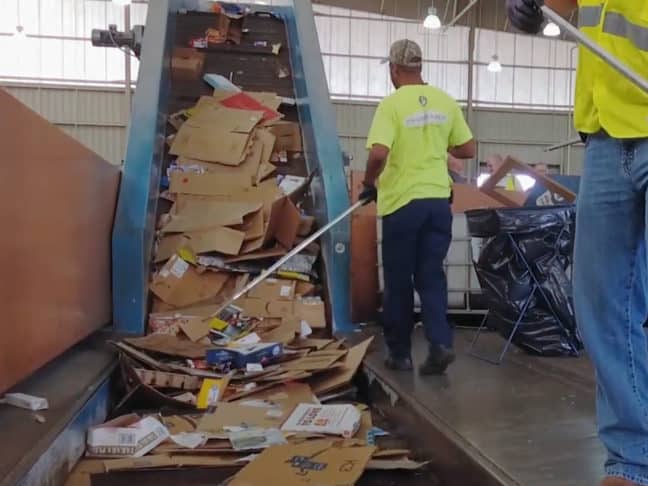4 Tips to Reduce Your Balers Downtime
December 6, 2022
Balers are highly useful pieces of equipment that can compact large amounts of cardboard, trash, or recycling into small, easily bundled cubes. By utilizing good baler practices such as regular baler maintenance and cleaning, your baler can last for years or decades. Conversely, poor baler operating habits lead to more frequent repairs, significantly jeopardizing the service life of your baler. This article will cover good baler use practices and the top four bad baler operating habits that can negatively impact your business.
Skimping on Preventative Maintenance
Providing regular maintenance for your baler is the foundation of overall operational success. Like any mechanical device, balers require standard scheduled maintenance to keep them in tip-top shape and performing at peak efficiency. Lack of preventative maintenance can cause premature part breakdowns, causing the machine to fail and leaving the operator in a lurch.
It is recommended to complete weekly, monthly, and yearly maintenance checks and repairs on a baler. Weekly maintenance should include cleaning parts, avoiding dust buildups, and inspecting the oil levels and the condition of the power unit.
Lack of Regular Cleanings
Balers can become dirty quickly since they regularly encounter trash and food debris. Spilled liquids within the baler can become sticky and cause parts to weaken or fail. Regular baler maintenance and cleaning prevent food, liquids, and waste from clogging up important baler components, allowing the baler to work as intended and not having to battle through foreign substances.
Dirt around the control console can lead to shorts and other operating issues. Dust buildup can cause overheating of the motors and cooling system, which can be very expensive to repair or replace. To ensure peak baler performance, always take the time to clean away dust each day while conducting more thorough deep cleans on weekly, monthly, and quarterly schedules.
Not Checking the Oil
Oil is the lifeblood of a baler. Like most types of machinery, oil provides lubrication for motor and auxiliary components. If oil levels are not maintained to OEM standards, the motor could seize, destroying the integrity of the baler motor’s internal structure.
Luckily, most balers only require oil changes once every 2-3 years. However, since balers are generally installed within industrial areas where dirt, dust, and debris are standard, it’s essential to regularly check the baler’s oil quality to ensure it isn’t overly contaminated.
Absence of Hydraulic Maintenance
The hydraulic system is what makes a baler a baler. Without hydraulics, a baler is just a massive, glorified trash can. A baler’s hydraulic system is designed to pack large amounts of waste into smaller, easy-to-manipulate cubes through high degrees of compaction force. These high degrees of pressure generate heat, which is maintained via hydraulic fluids.
Hydraulic fluids should always be maintained to manufacturer recommendations. Also, as stated above, maintaining high cleanliness standards in all areas surrounding the hydraulic mechanisms is of high importance. The cleaner the site, the less likely contamination will affect your baler’s performance.
Good Baler Practices
Now that we’ve covered the four basic bad baler operating habits, it is crucial to review best practices that can significantly increase the life of your baler.
- Spare Parts are Your Friend – Speak with your baler manufacturer to get a list of common spare parts to have on hand. Spare parts on hand can significantly decrease baler downtime if a part fails.
- Maintain OEM Specified Oil & Hydraulic Fluid Levels – Check the oil, analyze hydraulic fluid and clean the operating equipment. Check to see if the density and weight are set up correctly. Balers operate under high pressure and temperature, so checking fluid levels provides a buffer to machine breakdowns.
- Properly Train Employees – All employees using the baler should be trained on proper usage before operating, ensuring that the baler is used according to manufacturer specifications.
EMP is Your Trusted Resource for Premium Commercial & Industrial Balers
Looking to purchase a compactor or baler? EMP has you covered. Whether your project requires a small, medium, or large-sized commercial baler or compactor, EMP provides the resources you need to make an informed decision. Contact us with any questions, and we’ll be happy to assist.